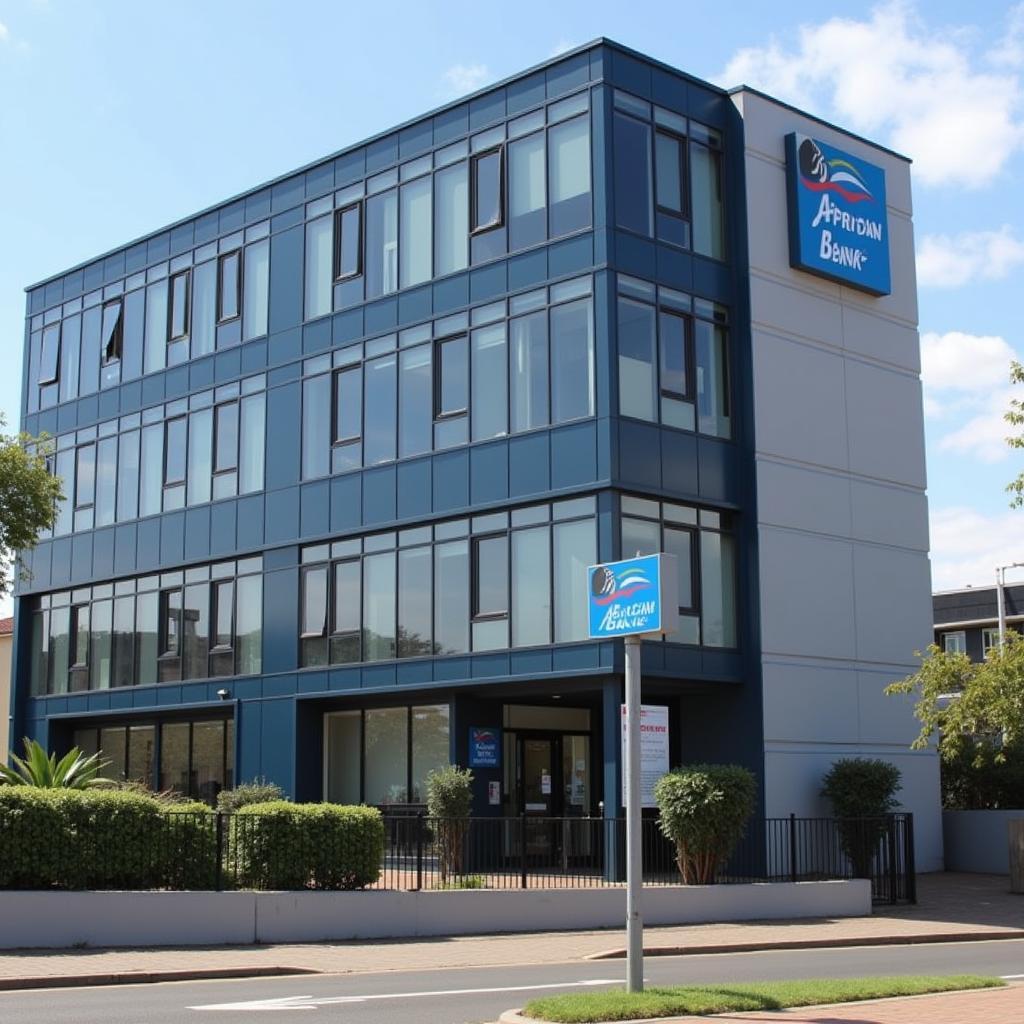African Economy 2050: A Continent on the Rise
The African Economy 2050 is poised for significant transformation, driven by rapid population growth, urbanization, and technological advancements. This article explores the potential of the African continent to become a major player in the global economy by mid-century, examining the challenges and opportunities that lie ahead.
Unlocking Africa’s Economic Potential by 2050
Africa’s projected population growth, coupled with its vast natural resources and youthful demographic, presents a unique opportunity for economic expansion. However, realizing this potential requires addressing critical issues such as infrastructure development, education, and good governance. Investing in these areas will be crucial to unlock the continent’s vast potential and pave the way for sustainable and inclusive growth. From agriculture to technology, several sectors are expected to drive this transformation.
Key Drivers of the African Economy in 2050
- Demographic Dividend: With a young and rapidly growing population, Africa is expected to have the largest workforce in the world by 2050. This demographic dividend can fuel economic growth if the right investments are made in education, skills development, and job creation.
- Technological Leapfrogging: Africa has the potential to bypass traditional development stages by embracing new technologies, especially in areas like mobile banking, renewable energy, and digital agriculture. This leapfrogging can accelerate economic growth and improve living standards.
- Urbanization: Rapid urbanization presents both challenges and opportunities. Well-managed urban centers can become hubs of innovation and economic activity, but this requires careful planning and investment in infrastructure and services.
- Regional Integration: Strengthening regional integration through initiatives like the African Continental Free Trade Area (AfCFTA) can boost intra-African trade, promote economic diversification, and attract foreign investment.
Dr. Amina Omar, a leading economist specializing in African markets, emphasizes the importance of regional collaboration: “The AfCFTA is a game-changer. It has the potential to unlock significant economic opportunities by creating a single continental market for goods and services.”
Challenges and Opportunities in Achieving Vision 2050
While the future looks promising, Africa faces significant challenges:
- Infrastructure Gap: Inadequate infrastructure, including roads, railways, ports, and energy, hinders economic development and increases the cost of doing business.
- Skills Mismatch: A gap exists between the skills needed by the labor market and the skills possessed by the workforce. Investing in education and training is essential to address this mismatch.
- Governance and Corruption: Weak governance, corruption, and political instability can deter investment and hinder economic growth. Promoting good governance and transparency is crucial.
- Climate Change: Climate change poses a serious threat to Africa’s development, impacting agriculture, water resources, and human health. Building resilience to climate change is vital.
Despite these challenges, there are also significant opportunities:
- Abundant Natural Resources: Africa is rich in natural resources, including minerals, oil, gas, and arable land. Sustainable management of these resources can generate revenue for development.
- Entrepreneurial Spirit: Africa has a vibrant entrepreneurial ecosystem, with a growing number of young people starting businesses and creating jobs. Supporting entrepreneurship can drive economic growth.
- Growing Middle Class: A growing middle class is creating new markets for goods and services, driving consumer spending and stimulating economic activity.
Professor Kwame Nkrumah, a renowned expert on African development, stresses the importance of human capital: “Investing in education and empowering our youth is the key to unlocking Africa’s full potential. We need to equip our future generations with the skills and knowledge to compete in the global economy.”
african cpuntries by population
Conclusion: Shaping the Future of the African Economy
The African economy 2050 presents a compelling narrative of growth and transformation. By addressing the challenges and seizing the opportunities, Africa can achieve its full economic potential and become a global economic powerhouse. Investing in infrastructure, education, and good governance, while fostering innovation and regional integration, will be crucial to achieving this vision. The future of the African economy remains bright, and with strategic planning and collaborative efforts, the continent is on the cusp of a new era of prosperity.
FAQ
-
What is the projected population of Africa in 2050?
Africa’s population is projected to reach around 2.5 billion by 2050. -
What is the AfCFTA?
The African Continental Free Trade Area (AfCFTA) is a trade agreement among African Union member states aimed at creating a single continental market for goods and services. -
What are the key challenges facing the African economy?
Key challenges include infrastructure deficits, skills mismatches, weak governance, and climate change. -
What are the main opportunities for economic growth in Africa?
Opportunities include abundant natural resources, a vibrant entrepreneurial ecosystem, and a growing middle class. -
How can technology contribute to Africa’s economic development?
Technology can facilitate leapfrogging, particularly in areas like mobile banking, renewable energy, and digital agriculture. -
What is the role of regional integration in Africa’s economic future?
Regional integration can boost intra-African trade, promote diversification, and attract foreign investment. -
How can we ensure sustainable and inclusive growth in Africa?
Sustainable and inclusive growth requires investments in education, skills development, job creation, and good governance.
Need More Help?
For further support and information, please contact us:
Phone: +255768904061
Email: [email protected]
Address: Mbarali DC Mawindi, Kangaga, Tanzania.
Our customer service team is available 24/7.


